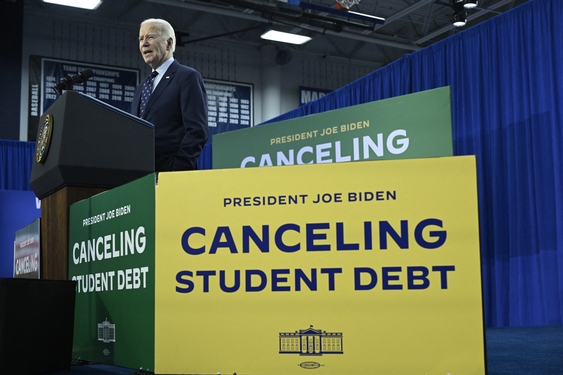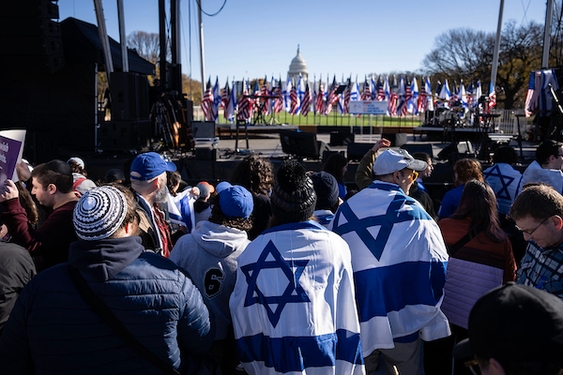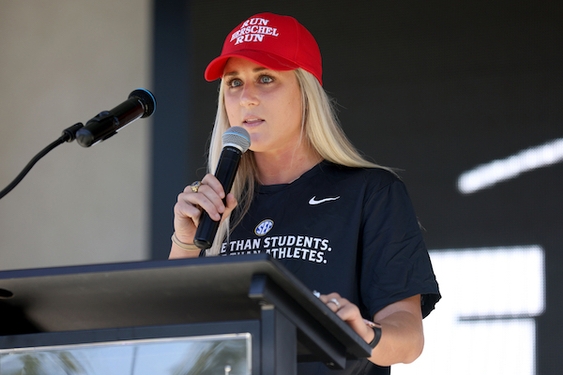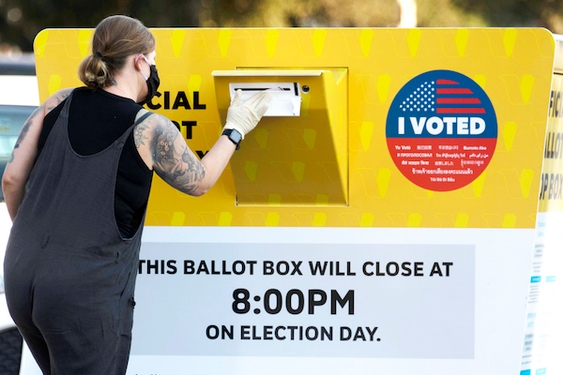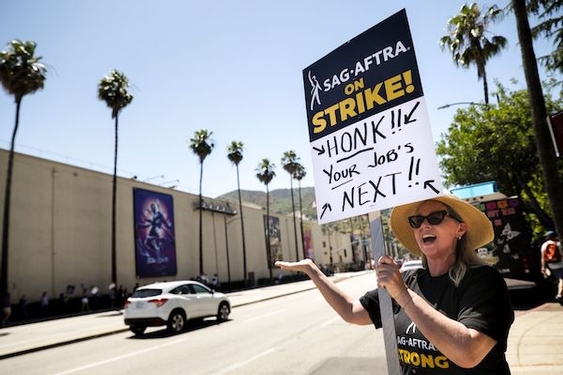There’s a lovely billboard alongside California’s Highway 101 near Palo Alto, in the San Francisco Bay area, with a succinct message from a constituent to one of his elected leaders.
“To: Senator Joe Simitian,” the roadside missive says, “Your cell phone law sucks.”
For the record, the snarky sign also says this: “Amazing how 1 man’s bad idea can screw over millions of people.”
Hmmm. “Suck” and “screw” on the same billboard. Viva California!
The allegedly sucky law in question is the Golden State’s fairly recent ban on using a cell while driving, unless it’s a hands-free device. California has also banned DWT, which is policymaker-speak for “driving while texting” – a practice that an estimated 20 percent of all drivers, and a kinda scary 66 percent of those 18 to 24, are engaged in at any given time.
And the Left Coast isn’t alone in taking aim at drivers who hold conversations as they cruise. At least seven states already banned DWT by all drivers, and another nine specifically target drivers under 18 – and they’re as geographically dispersed as can be, including Hawaii, Kansas, Kentucky, Florida, Rhode Island and New Hampshire.
Those laws follow closely the total bans on cell phone use while driving effective in at least six states and under consideration in two dozen more. Plus several states prohibit just younger drivers from yakking while they roll.
So, there’s rioting on campuses nationwide, right? We’re mad as hell and we’re not going to take this anymore, right? Actually, college students and recent graduates pretty much agree with the restrictions, as long as they’re applied fairly.
Indiana University sophomore Pamela Bilo says it straight up: “The government is not cracking down hard enough. Texting, talking and listening to music while driving are all dangerous activities that should be punished by law enforcement personnel.”
Bilo’s collegiate colleague, sophomore Rachel Fickenscher, offers a slightly more measured response to the trend.
“Too many people get into avoidable accidents because they are just not paying enough attention to the road,” she says. “However, those laws need to be universal for all ages, new 16-year-old drivers to people in their 40s who have been driving forever.”
Really. Do drivers over 35 have some kind of multi-tasking magic attainable only through decades on the road?
It’s not just students who agree with the cell use and texting restrictions. Graduates with real jobs – and thus real hour-long commutes and real business to conduct – also think that communications requiring two hands are better conducted at, say, the Starbucks on the corner than in the Honda Fit on the freeway. Emilee Camille Young CFNP, a nurse practitioner in Tupelo, MS, is one.
“When there is business to be taken care of, especially with the hectic, busy lives of Americans, how else can it all be done except while driving as well?” she asks. “Whose business is it if someone has Bluetooth in her car or a hands-free headset?”
But, she emphasizes, “Both hands should always be available for the steering wheel.”
City boy Lucas Olson, who works at DC’s Boell Foundation, admits he doesn’t drive much, but he does cop to using his cell occasionally. Still, he’s sensitive to opponents’ concerns.
“I’m not aware of what the government is doing to prohibit texting and talking while driving,” he says, “but I would agree with it on this one.”
He does, though, strike a blow for his generation.
“Being older probably doesn’t make you more capable of texting and driving at the same time,” he points out. “In fact, younger people are probably better at it.”
No doubt. Ever seen your nana trying to work the Razr your mom got her?
News: US News
DON'T TALK (OR TEXT) AND DRIVE: A Nuisance in the Name of Safety
By Russell A. Jackson

(Credit: Andrew Lucas/The Orange County Register/MCT)
Article posted on 3/24/2009
This article has been viewed 3091 times.


